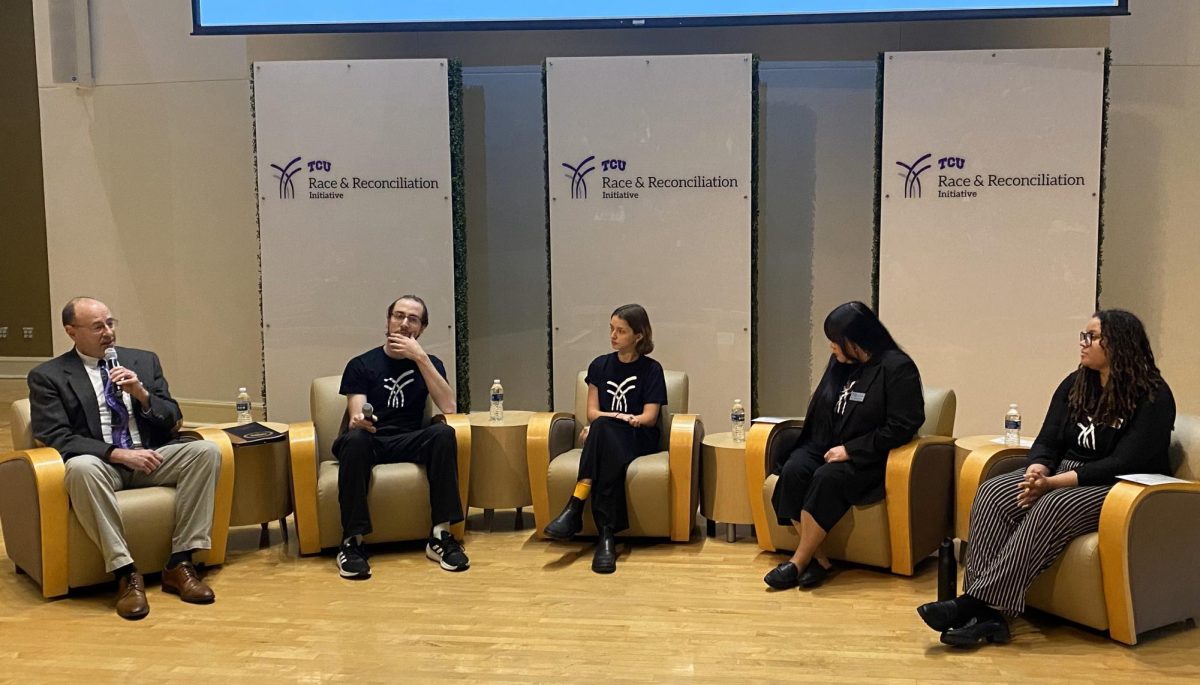The world of online social networking has boomed ever since the opening of Web sites such as Facebook and MySpace.These Web sites allow people to socialize with people they once knew, friends and acquaintances.
A new Web site with the same idea of social networking has popped up: LifeAt.com.
LifeAt is designed for people that live in housing developments and apartment complexes, and it allows for people to scope out their neighbors before they actually get to know each other, according to an article in the New York Times.
However, people are not exactly getting to know each other better on a personal level with online networking alone.
The old-fashioned way of introducing yourself in person is a better way of becoming close with your neighbors.
The community of LifeAt is likened to Facebook and MySpace. It allows users to create profiles with pictures and descriptions.
Users can have “friends” that show up on their user profile along with the users’ personal reviews of the retailers and restaurants in the area.
Users can also upload pictures of old furniture they want to sell in a section for classified ads.
LifeAt aims to “create a safe online community where fellow residents can meet and help each other out as they explore their new surroundings,” according to the company’s Web site.
More people, however, don’t want to pursue a relationship further than that.
Many people seek refuge behind a computer screen.
Sociologist Keith N. Hampton at the University of Pennsylvania, created the Web site I-Neighbors.org to study offline relationships of people that use social networking sites.
The Web site was successful, generating 45,000 users.
However, that does not mean it was successful for offline social connections.
Hampton said the lack of personal connections was mostly because young people who use the Web site are “less interested in the people that live around them and more interested in their own social networks,” according to the article.
Young people tend to move more often than older people with families and apartments tend to become more of a temporary housing solution, the study noted.
Online social networks have good intentions. It is a wonderful way to keep in touch and maintain friendships you already have.
However, making new friends is difficult with these Web sites because they only reveal the surface of a person.
Using LifeAt or a similar Web site is a great way to break the ice, but if you want to see the rest of the iceberg, you can always introduce yourself to your neighbors. After all, they only live a door or two away.
Hayley Freeman is a sophomore English major from Fort Worth.




